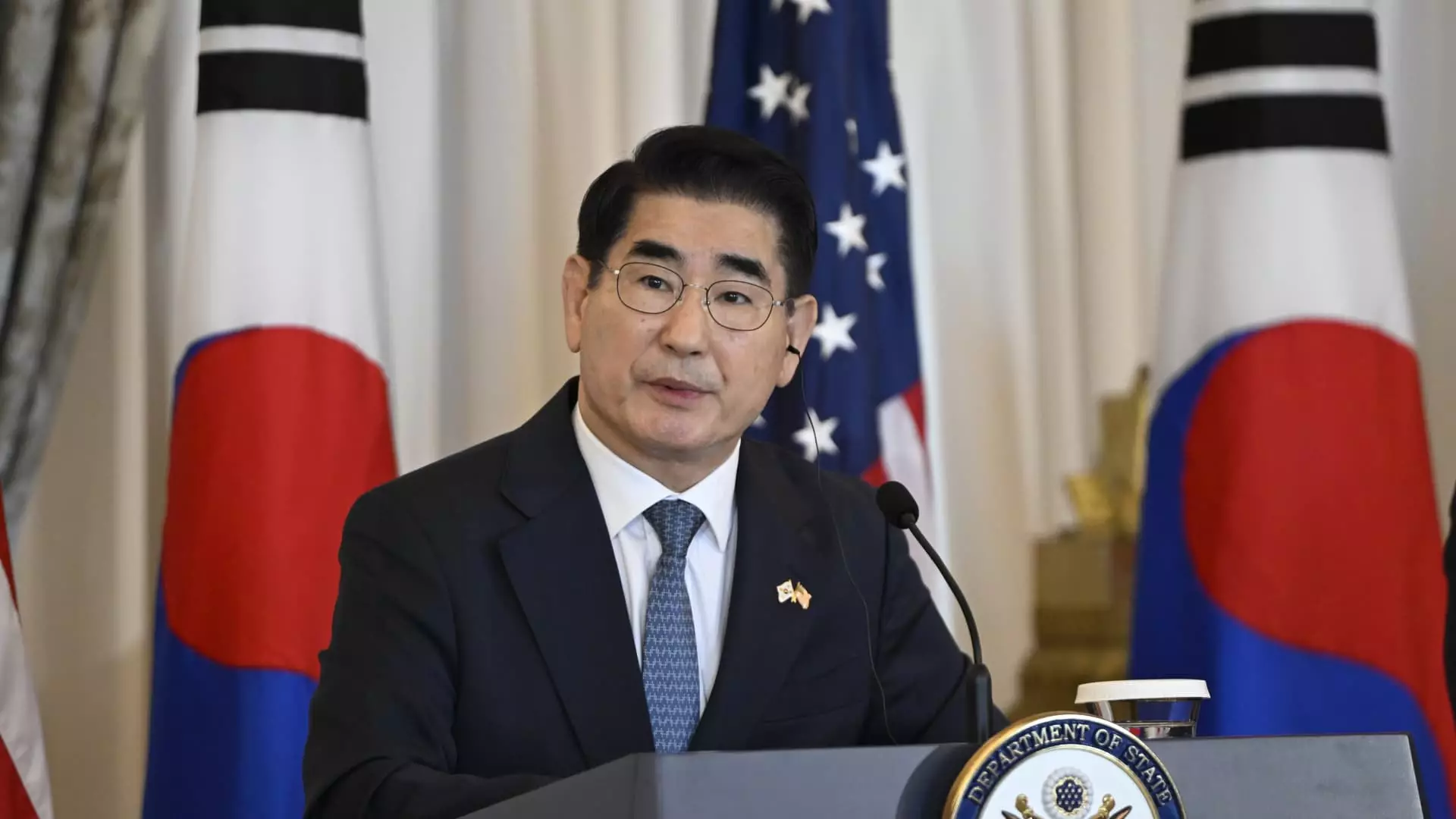In a significant shakeup within the South Korean government, President Yoon Suk Yeol has accepted the resignation of Defense Minister Kim Yong-hyun. In his place, Yoon has nominated Choi Byung-hyuk, who currently serves as the ambassador to Saudi Arabia and is a former army general. This decision, reported by Yonhap, marks a pivotal moment for the administration, underscoring an urgent need for stability in the face of increasing political unrest. Choi’s appointment was met with a statement from Yoon’s chief of staff, Chung Jin-suk, who praised Choi’s principled nature and steadfast commitment to his responsibilities. This new appointment signals a strategic recalibration as Yoon navigates a politically charged atmosphere.
The backdrop to this leadership change is rooted in Yoon’s controversial suggestion to impose martial law earlier in the week, a proposal that was immediately met with backlash from both lawmakers and the public. Kim Yong-hyun’s advice to implement martial law was rescinded after intense parliamentary pushback, emphasizing the heightened tensions between the executive branch and legislative bodies. The fallout from this debacle has ignited a firestorm of criticism, with many opposition members branding Yoon’s actions as treasonous. As a consequence, the Democratic Party has initiated impeachment proceedings against the president, showcasing the extraordinary political volatility South Korea currently faces.
The Democratic Party’s response to Yoon’s martial law attempt has been unyielding. Following the incident, they have taken steps to rally support for a vote of impeachment, potentially mobilizing lawmakers to act as soon as Friday. This planned vote reflects a growing sentiment among opposition members who view Yoon’s approach to governance as overreaching. The call for impeachment not only threatens Yoon’s presidency but also highlights deep-seated divisions within South Korean politics, raising questions about the future direction of the nation’s leadership.
Choi Byung-hyuk’s appointment brings a new figure into an environment rife with challenges. With his military background, Choi is expected to provide a defense perspective that is embedded in experience and loyalty to national interests. His task, however, will not be simple; he must navigate the rocky terrain left by a controversial martial law debate and manage the expectations of both the military and a robust opposition. The ramifications of his leadership could determine whether the current administration recovers or continues to face significant hurdles.
In summation, the resignation of Kim Yong-hyun and the swift nomination of Choi Byung-hyuk are emblematic of the broader political strife engulfing President Yoon Suk Yeol’s administration. As impeachment proceedings loom and public sentiment fluctuates, Choi’s ability to stabilize the defense ministry will play a critical role in shaping the ongoing narrative of Yoon’s leadership. The political future of South Korea remains precarious, and the pressure mounts for the administration to rectify the circumstances that have led to this unprecedented situation.

